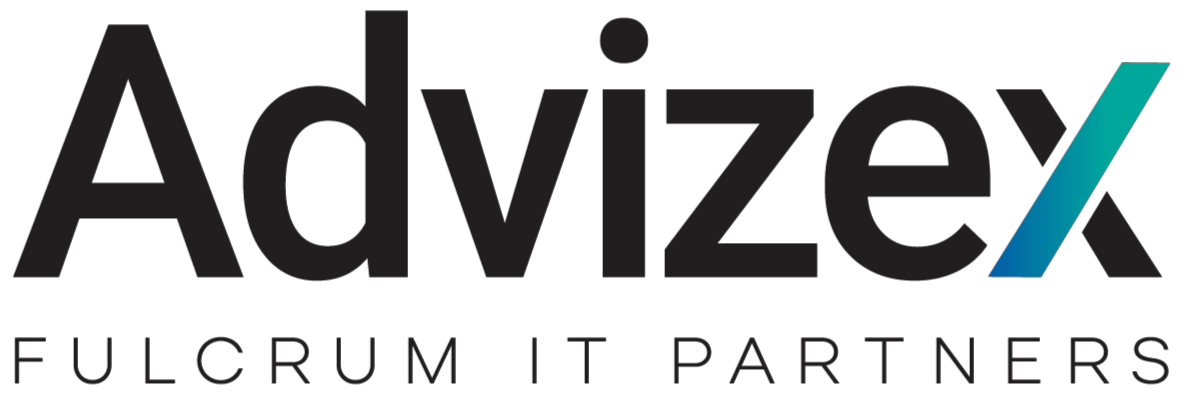In the wake of COVID-19, there has been a pivot to hybrid cloud services across all industries. KPMG reported: “56% of those polled said cloud migration had become ‘an absolute necessity.’ Hybrid cloud models top the agenda, far surpassing other cloud strategies.”
PricewaterhouseCoopers added, “A confluence of existing factors driving cloud transition has been further accelerated by the COVID-19 crisis: Cloud spending rose 37% to $29 billion during the first quarter of 2020. COVID-19 has impacted the migration to hybrid-cloud environments – not only because customers are demanding it, but because the old ways were not working.”
The healthcare industry is making incremental progress to recover from the pandemic, but revenues continue to be far from normal levels, consequently driving new financial priorities. Health IT teams are diligently exploring all options to optimize the total cost of ownership and to preserve cash. Hybrid cloud is now a key option that allows healthcare systems to deploy required IT resources on a “pay only for what you use” basis.
What is Hybrid Cloud?
As Antonio Neri, CEO of HPE states, “Cloud is not a destination; it is an experience.” The experience of cloud is defined by the National Institute of Standards and Technology as a system that includes:
- On-Demand Resources
- Resource Pooling
- Pay-Per-Use
- Ability to Scale Up and Down as Needed
Hybrid cloud is the use of both public and private cloud services, either remote or on premises. Due to the compliance and other requirements, healthcare systems prefer to leverage hybrid cloud, which gives them the flexibility to appropriately support applications and data sets containing protected health information.
HPE GreenLake and other providers have taken the public cloud experience and combined it with on-premises solutions for healthcare organizations. As Forbes explained, “HPE’s Impressive 80% Q3 GreenLake Growth […] continues to validate the GreenLake strategy to deliver public cloud services and Infrastructure as a Service for all workloads on premises.”
Innovating with Hybrid Cloud
To more tightly manage the access that users need, many organizations have introduced Single Sign-On (SSO) capabilities. Fundamentally, these tools allow an end-user to sign on once via an authentication tool. This tool then passes a token to the application to verify the user’s credentials. The end-user then only needs to remember a single password that gives them the appropriate access to all their applications. Voilá!
Healthcare has been slower than other industries to innovate in the cloud as compared to other industries, but the pandemic has changed that in a very short timeframe. Hospital systems have used the pandemic as a catalyst to move forward with numerous innovative changes including telehealth and work from home/telecommuting initiatives. These technologies have been available for years, but it took a pandemic to move these productive changes forward.
On-premises hybrid cloud services have been available to the healthcare industry in the recent past, but hospital systems are only now focusing on their advantages and assessing how to move forward. Hybrid cloud services, such as HPE GreenLake, are compelling because they support the unique requirements of enterprise level, tier-one applications such as health records, clinical imaging, and document management while also adhering to compliance requirements and maintaining legacy architecture that can’t survive well in the cloud.
Hybrid cloud infrastructure increases efficiency, reduces total cost of ownership, and allows healthcare institutions tobecome more agile(deliver solutions more quickly).
Hybrid Cloud Technology Savings
With an on-premises enterprise application, there’s a fixed cost for dealing with computer and data storage, but with a hybrid cloud solution, your infrastructure has the capability to flex based on your needs, so you don’t over-buy resources.
This is highly productive for supporting tier-one systems like the Epic Electronic Health Record. We find under normal conditions, approximately 80% of the specified hardware requirements are needed to achieve target performance requirements. However, when supporting acquisitions, mergers, or major upgrades, one can easily add capacity to mitigate risks associated with an additional load. Ultimately, your organization can provision exactly what you need at any time and only pay for what you use.
Hybrid cloud services have the potential to revolutionize how healthcare systems manage records, fusing on-premises datacenter security with cloud technological efficiencies. Healthcare institutions continue to put patients first during the pandemic, and a hybrid cloud model helps IT professionals do just that.
Advizex helps you navigate and shift to a hybrid cloud infrastructure through partners like HPE GreenLake so you can stay ahead of the curve in healthcare innovation with an IT solution that is customized to you.
Please connect with us for more information.
